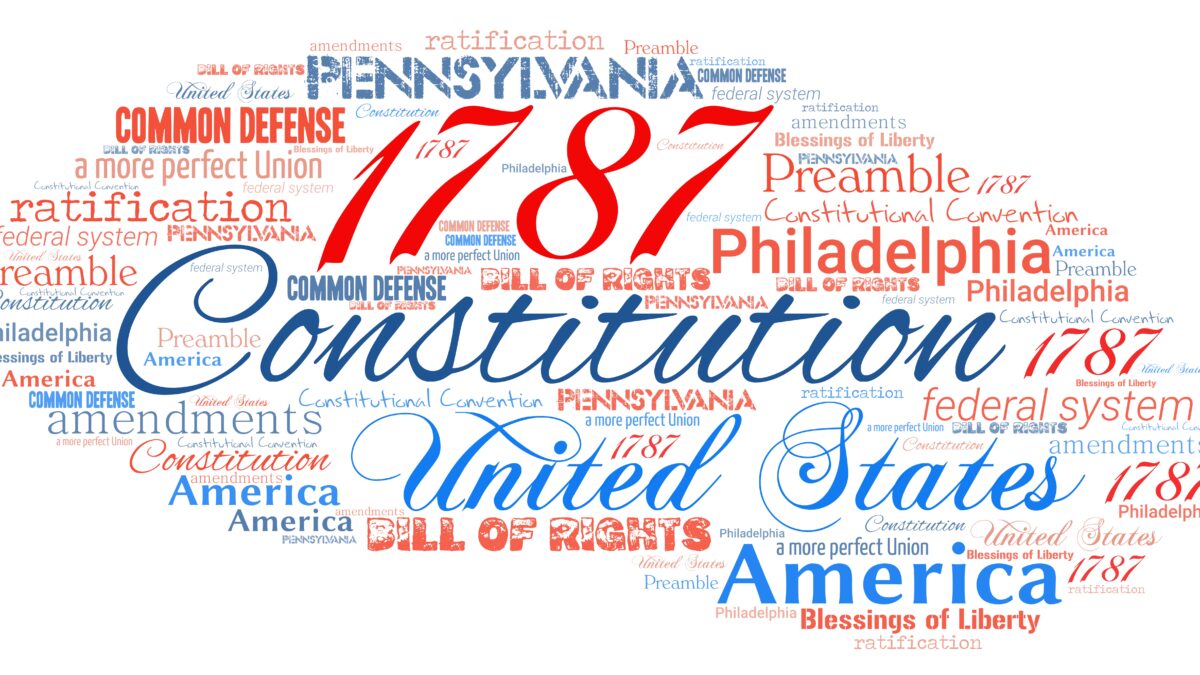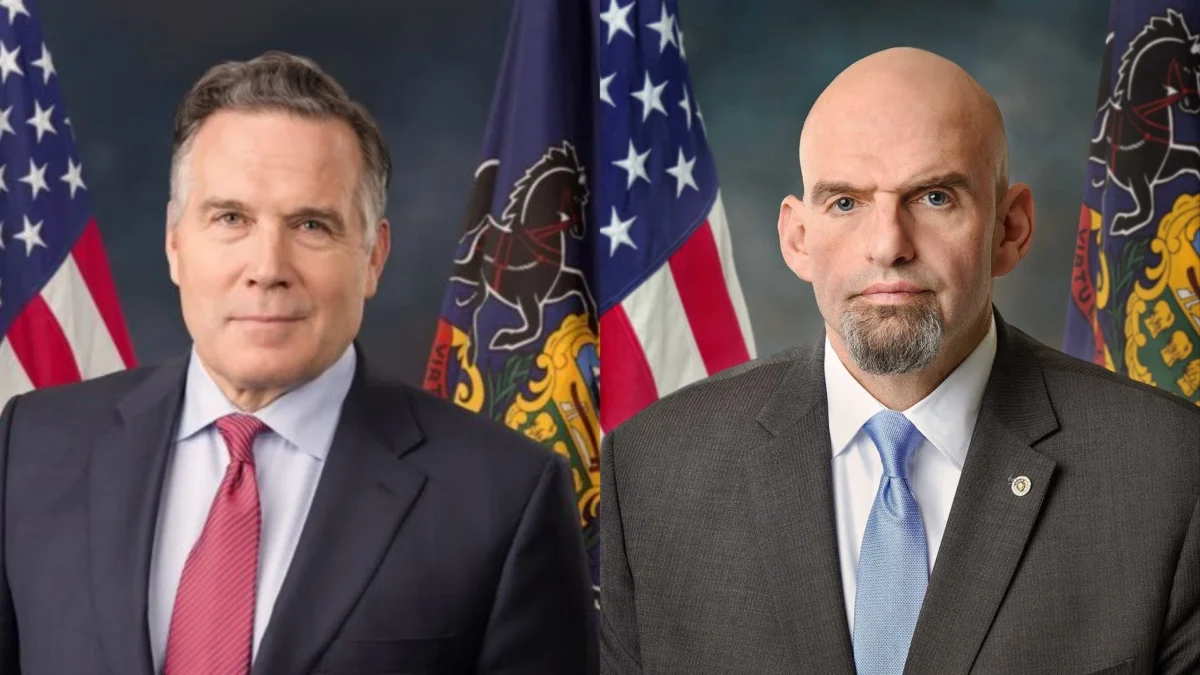Beth Ann Rosica: “Free for all” means reduced resources for the most disadvantaged
Governor Josh Shapiro wants to permanently and drastically expand the free and reduced breakfast program for all students in the commonwealth. While it may sound like a great idea on the surface, the reality is the proposed program is not rooted in good policy.
There is already a mechanism in place for the federal government to subsidize school meals for any child whose parents cannot afford to pay. With limited state resources, providing free breakfast for all students — regardless of their parents’ income — takes away potential funding from those who most need it.
Through his budget, the governor proposed to make the free breakfast program permanent. His announcement came on the heels of the Commonwealth Court ruling that the state school funding system is unconstitutional.
READ MORE — Beth Ann Rosica: North Penn School District’s questionable hiring practices
“Last week in his budget address, Governor Josh Shapiro highlighted the importance of the program and proposed $38.5 million in funding to continue providing universal free breakfast through the 2023–24 school year,” a March 15 press release said. “Rather than a one-time influx, Governor Shapiro’s proposal provides ongoing, sustainable state funding for free breakfast in the years to come, because students learn and grow better on a full stomach.”
We can all agree students learn better if they receive proper nutrition. Most people are not going to dispute the fact that there are children whose families are unable to provide a healthy breakfast every day. However, the federal government already has a system in place to ensure that every child who cannot afford meals during school receives either a free or reduced breakfast and lunch.
The School Breakfast Program was piloted in 1966, and Congress made it a permanent entitlement in 1975. Any children from families with incomes at or below 130 percent of the federal poverty level are eligible for free meals. Every child whose family cannot afford to pay for breakfast and lunch will be provided free meals every day at school.
What, then, is the point of Governor Shapiro’s statewide program? Why is it necessary to provide free meals to every student, regardless of their family’s income?
The press release offers further information. “On average, more than 455,000 free breakfasts are served each day in Pennsylvania schools. There are 3,129 schools that participate in the program, serving more than 1.6 million students. Since the program began, school breakfast participation is up overall, with participation doubling among students who would usually have to pay full price.” (emphasis added).
Those students who would normally pay full price are now getting a free meal courtesy of Pennsylvania taxpayers, even those whose parents make over six figures.
In a June 1, 2023, press release, the reasons for free breakfast for all were further highlighted. “The Free School Breakfast Program ensures that all students have access to a healthy, nutritious meal to start the school day and eliminates the stigma associated with free and reduced-price breakfast that may deter eligible students from participating.” (emphasis added).
This rationale is like proposing welfare benefits should be given to every citizen so the eligible recipients do not feel stigmatized.
Lack of a quality education is a far bigger problem than the potential “stigmatization” of accepting free breakfast.
While the governor’s actions are based on good intentions, these decisions may do more harm than good. Expending $38.5 million dollars per year to provide meals to children whose parents can afford to purchase them is irresponsible. This is particularly true in light of the recent court ruling that charged the state legislature with creating a new, equitable framework to ensure every student has access to a free and appropriate education.
Using tax dollars to unnecessarily provide free food to middle-class and wealthy children hardly sounds like making the system more equitable for the disadvantaged. A better use of the money would be to divert it to equalize education funding in districts like Norristown and Upper Darby. Lack of a quality education is a far bigger problem than the potential “stigmatization” of accepting free breakfast.
The other problem with the governor’s proposal is the infringement on parental rights. These initiatives continue to permeate all aspects of our society, particularly in our public schools.
Conservatives often oppose new social programs on the argument that they’ll always be expanded beyond the original intent — as when President Reagan remarked government bureaucracies were “the nearest thing to eternal life we’ll ever see on this earth!” Gov. Shapiro appears determined to prove them right.
It is every parent’s responsibility to provide for their children and that includes providing meals. For those families who are not in the financial position to do that, there are systems already in place to assist them. Where there are gaps in government programs, many charities stand at the ready. The role of a democratic government is not to provide free meals to everyone and usurp the role of parents.
Welfare benefits should be temporary measures for the most needy citizens and children, not for comfortable middle class or wealthy families.
Nothing evidences this privilege more than a Facebook post from 2020 when schools were closed during lockdowns. Many districts across the region continued to provide free food to ensure no children missed meals while schools were shut down. These free meals were provided to any family in the district regardless of income or need.
The social media post below is what happens when the government insists on giving handouts to those who are not truly in need. Our tax dollars were used to provide meals to a family that clearly did not need them. Since the poster’s children did not like the juice, she bragged about finding “creative ways” to use the government subsidy. Rather than using the meals as intended — to provide food for hungry children — the recipient used the free juice to make sangria.
While the poster likely made this comment to be funny, it is a singular example of what happens when the government overreaches.

Funding meals for people who do not need them when the commonwealth is not providing equitable educational funding is worse than irresponsible. Our elected officials may need a reminder that our state constitution is based on the “essential principles of liberty and free government.” It is not based on the principle that the government is responsible for our children.
If the governor truly wants to help our students with the greatest needs, he should be working with the legislature to determine how best to address the funding inequalities, not providing handouts to comfortable, suburban families who don’t need them.
Beth Ann Rosica resides in West Chester, has a Ph.D. in Education, and has dedicated her career to advocating on behalf of at-risk children and families. She covers education issues for Broad + Liberty. Contact her at barosica@s46680.p831.sites.pressdns.com.





Beth has never met a public school policy she approved of and can even find one FB post to back it up. Linking this is “parental rights” is ridiculous. The parental right not to provide your kid a breakfast???
We have all heard about how much food is wasted under the “Old RUles”
We also understand that the number of employees needed for the program probably won’t increase because the number of employees are just handing out prepared food
So, less waste and the kids aren’t stigmatized into the Have and Have Nots and perhaps some increase in the quantity of prepared Food
Sounds like this approach has more pluses than Minuses, especially when you consider that the Parents of the Haves are paying the Taxes that fund the Have Nots’ children and are now getting something for their Tax Money
Based on school experiences of my grandson, the only way a child’s free breakfast and/or lunch is made publicly known is by what the menu is. Having had a lunch described to me by my grandson once, it seemed to sound like what you might find in prison or a rescue mission. Maybe that is the stigma politicians refer to. If this is done to save money, that could be dispensed with by not giving the non-needy free breakfasts and lunches and offer the standard menu to the needy students with the savings. My personal experience with the school lunch program is through my VFW post providing contributions to a breakfast/lunch fund set up by each school’s cafeteria workers as a bit of private charity. Again, this goes to supplement the menu of the students the workers judge to be the worst off. I can’t believe that the Commonwealth would provide for middle and upper classes at the expense of the needy, but then, it is a suggestion from politicians who cannot forebear spending taxpayer’s money to buy votes and stay in power.